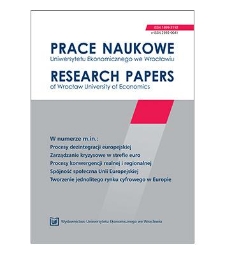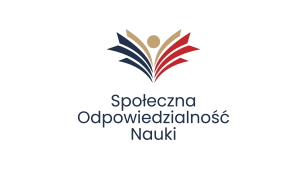Dolnośląska Biblioteka Cyfrowa udostępnia 109 905 obiektów cyfrowych
Obiekt
Tytuł: Teoretyczne i praktyczne podstawy nauczania języka specjalistycznego ESP
Tytuł odmienny:
Theoretical and Practical Basis of Teaching English for Specific Purposes (ESP)
Autor:
Opis:
Abstrakt:
Wydawca:
Wydawnictwo Uniwersytetu Ekonomicznego we Wrocławiu
Miejsce wydania:
Data wydania:
Typ zasobu:
Identyfikator zasobu:
Język:
Powiązania:
Prace Naukowe Uniwersytetu Ekonomicznego we Wrocławiu = Research Papers of Wrocław University of Economics; 2008; Nr 17 ; Komunikacja marketingowa w Europie wielu kultur językowych
Prawa:
Wszystkie prawa zastrzeżone (Copyright)
Prawa dostępu:
Dla wszystkich w zakresie dozwolonego użytku
Lokalizacja oryginału:
Uniwersytet Ekonomiczny we Wrocławiu
Źródło finansowania:
Tytuł publikacji grupowej:
Kolekcje, do których przypisany jest obiekt:
- Dolnośląska Biblioteka Cyfrowa > Uczestnicy Konsorcjum > 04. Uniwersytet Ekonomiczny we Wrocławiu > Czasopisma wydawane przez Wydawnictwo UEW > Prace Naukowe Uniwersytetu Ekonomicznego we Wrocławiu = Research Papers of Wrocław University of Economics
- Dolnośląska Biblioteka Cyfrowa > Zasoby > 2. Czasopisma > Czasopisma współczesne
Data ostatniej modyfikacji:
12 paź 2023
Data dodania obiektu:
12 paź 2023
Liczba wyświetleń treści obiektu:
42
Wszystkie dostępne wersje tego obiektu:
https://dbc.wroc.pl/publication/163097
Wyświetl opis w formacie RDF:
Wyświetl opis w formacie OAI-PMH:
| Nazwa wydania | Data |
|---|---|
| Teoretyczne i praktyczne podstawy nauczania języka specjalistycznego ESP | 12 paź 2023 |

























